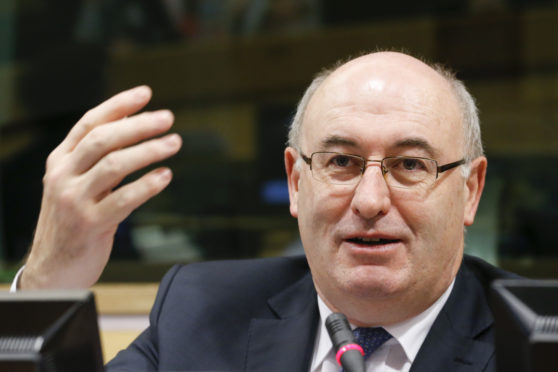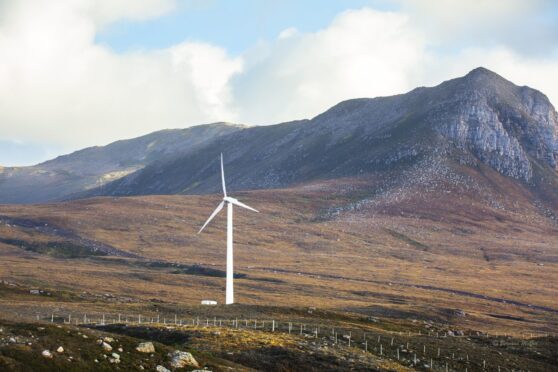The nomination process for new EU commissioners is going smoothly, although the appointments have to be ratified by the European Parliament.
One of the key briefs is trade, and that has gone to the retiring farm commissioner, Phil Hogan. This reflects the work he’s done to secure trade deals for the EU, not least with Japan. It is also a reward for Ireland for sticking with EU policy over Brexit.
Hogan, a caustic critic of Brexit and its supporters, will be responsible for concluding any new trade deal between the UK and EU-27.
He will be firm but fair, and his aim will be a deal that protects Irish and EU interests. This adds to Boris Johnson’s many woes over Brexit.
What was promised to be the easiest and speediest trade deal ever will be a lot more challenging with Hogan on the other side of the table.
The EU has agreed the nomination of a new farm commissioner.
Janusz Wojciechowski is a Polish MEP and was an influential member of the parliament’s agriculture committee. He is a former judge and part of the political group that were allies of the Conservatives.
He has little direct experience of agriculture and is known for his uncompromising views, writing acerbic poems about his political enemies and commentating for a right-wing Polish radio station. His key challenge will be to secure a final deal on CAP reform.
One of his early decisions will be whether to seek an extension of the current policy. For the farming lobby the easy-going days of the Hogan era will soon be a distant, if fond, memory.
The European Commission has secured approval for its new food chain transparency plans.
These will go down as one of the big achievements of Phil Hogan’s term as farm commissioner. Transparency is the third element in his food chain plan, along with outlawing many anti-competitive practices by retailers and improving farmer cooperation.
Hogan said the new transparency regulation would make more information available, more often, to ensure all players had as much knowledge as possible of the food chain and pricing. These new regulations go beyond the powers of the UK grocery adjudicator, not least in that individuals can raise a complaint.
Member states will be responsible for supplying price information to Brussels, which will analyse and publish it.
Meanwhile, a few weeks into power, Boris Johnson finds himself a lame duck prime minister over Brexit.
He is unable to legally go for a no-deal Brexit and has been blocked from calling an election. This should ease concerns in agriculture about the consequences of a no-deal outcome, but the threat remains. The European parliament has been talking tough, but the decision is down to the 27 EU heads of state and the odds have to favour a deal when they meet on October 17.
This is likely to be the existing withdrawal deal, used by Johnson to bring down Theresa May, with a few cosmetic tweaks to the Irish backstop.
Agriculture and food are a key part of the backstop problem, but there is no engagement at Westminster over future support, markets or post-Brexit regulation.










